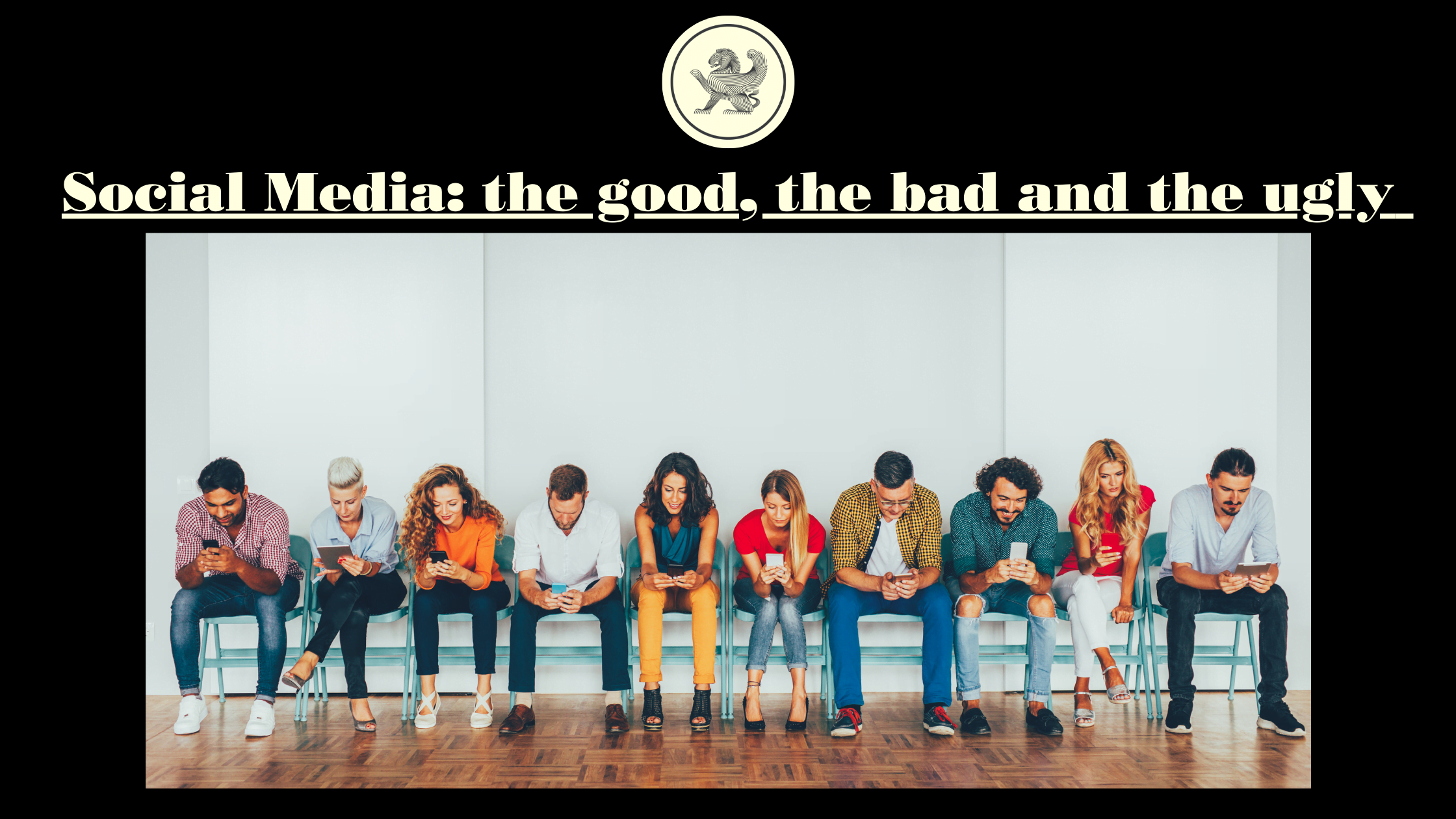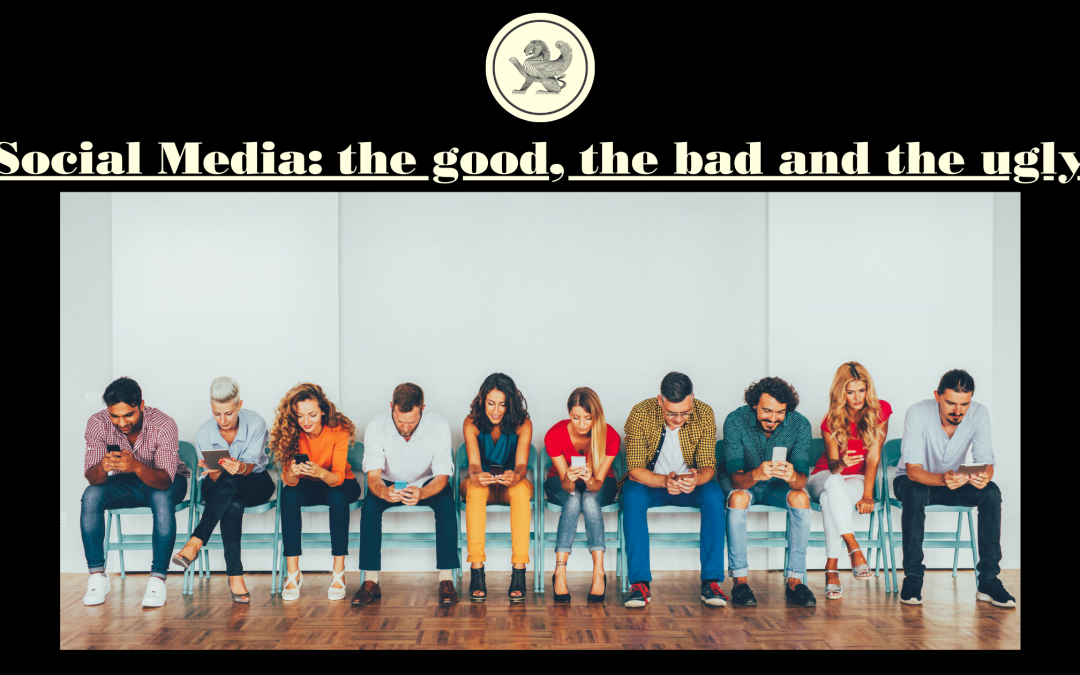CREDITS
By Dr Melane van Zyl
Social media can have both positive and negative impacts on individuals dealing with mental health issues like depression and anxiety. It’s worth noting that the effects can depend on numerous factors, including the nature of usage, the individual’s personality, and the specific platforms used.
Pros:
1. Connection:
• Support Groups: Access to online support groups and forums.
• Social Interaction: Maintaining connections with friends and family, especially when isolated.
2. Information and Awareness:
• Educational Content: Access to mental health information and resources.
• Awareness: Exposure to mental health campaigns and positive messages.
3. Expression:
• Self-Expression: A platform for sharing thoughts, experiences, and emotions.
• Blogging: Utilizing platforms to journal or blog as a form of therapy.
4. Accessibility:
• Remote Access: Ability to connect with others from the comfort of home.
• Global Reach: Connecting with people or groups worldwide.
5. Advocacy:
• Voice: Amplifying mental health messages and advocacy.
• Shared Experience: Engaging in conversations about mental health to reduce stigma.
Cons:
1. Comparison:
• Self-Esteem: Negative impact on self-esteem through comparison with others.
• Unrealistic Standards: Exposure to often unrealistic portrayals of life, success, and appearance.
2. Cyberbullying:
• Online Harassment: Potential exposure to negative and harmful interactions.
• Negative Comments: Facing harsh comments or critiques.
3. Isolation:
• Virtual vs. Real Connection: Potential preference for virtual interaction over real-world socializing.
• Withdrawal: Spending excessive time online at the expense of in-person interactions.
4. Anxiety:
• FOMO (Fear of Missing Out): Anxiety related to missing events or interactions online.
• Overstimulation: Anxiety from constant notifications and updates.
5. Sleep Issues:
• Screen Time: Exposure to screens can interfere with sleep.
• Disturbances: Being disturbed by notifications, particularly during the night.
6. Information Overload:
• Overwhelm: Difficulty managing vast amounts of information and news.
• Anxiety: Elevated anxiety due to excessive exposure to negative or distressing news.
7. Privacy Concerns:
• Data Security: Concerns about the privacy of shared information.
• Personal Boundaries: Difficulty maintaining boundaries around private matters.
8. Trigger Exposure:
• Unwanted Content: Risk of exposure to triggering or harmful content.
• Relapse: Potential exposure to content that could encourage negative patterns or relapse (e.g., content related to self-harm).
Conclusion:
Social media usage has potential benefits, such as providing connection and resources, yet it also poses significant risks, such as exposure to negative interactions and content. Balancing use and implementing healthy social media practices are crucial for mitigating risks, particularly for individuals dealing with mental health issues. Always consult a healthcare professional or a therapist for personalized advice and strategies related to social media use and mental health.


